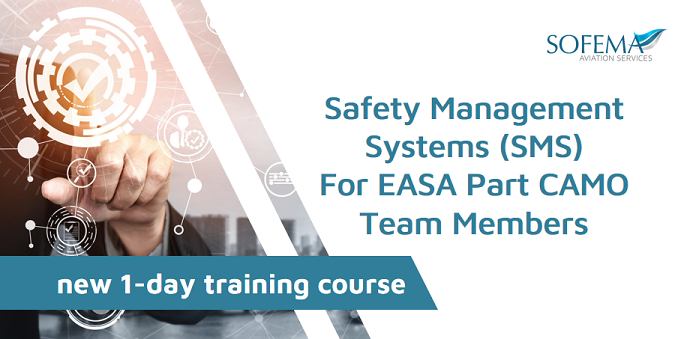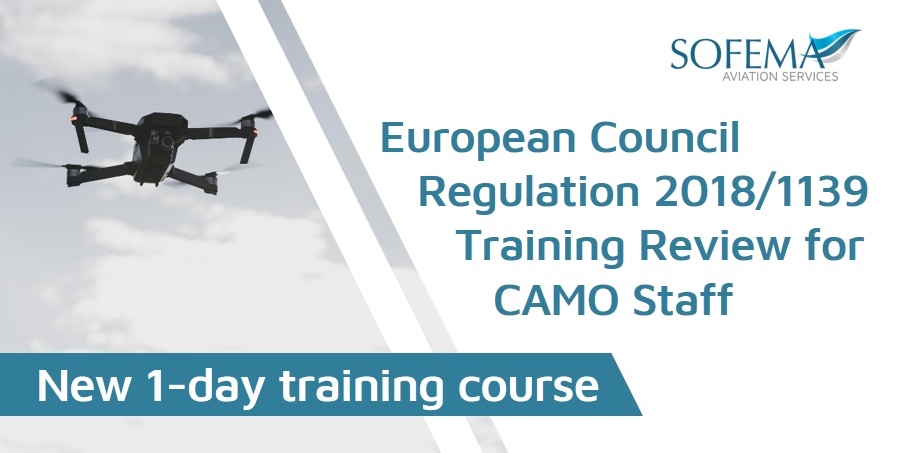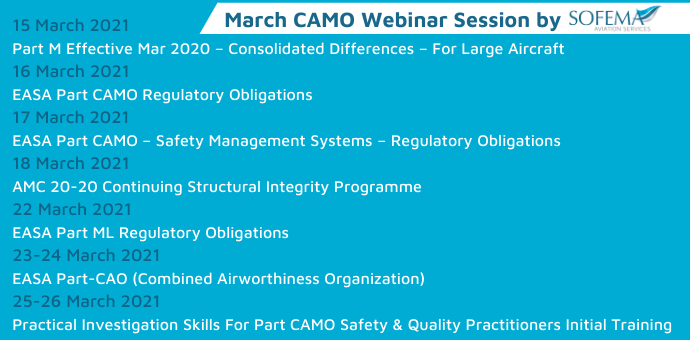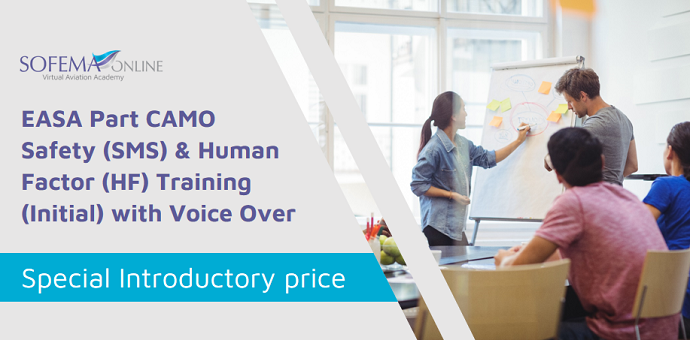Achieve an in depth understanding regarding basic Aviation Safety Concepts with our new aviation training – Request as a classroom or webinar training!
read more
Sofema Aviation Services (SAS) is delighted to announce the availability of our new aviation training: Safety Management Systems (SMS) For EASA Part CAMO Team Members – 1 Day Available as a Classroom or Webinar training – Register at team@sassofia.com What is the training about? The training will introduce the delegates to all elements of Aviation…






